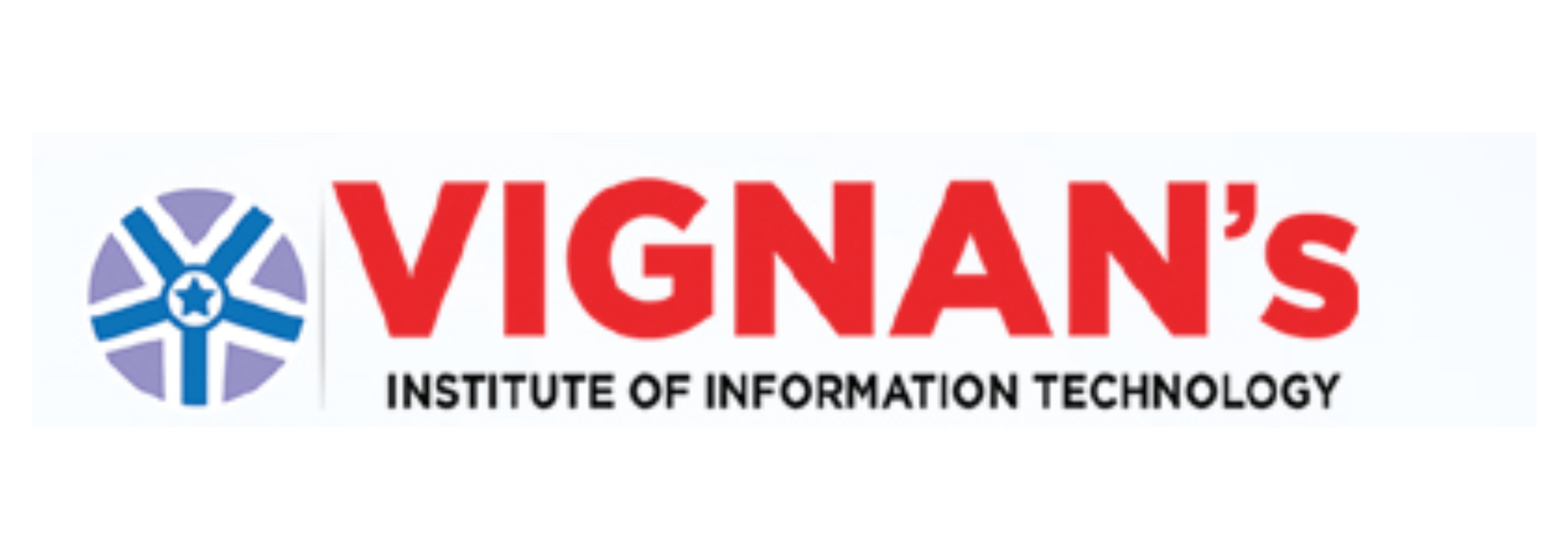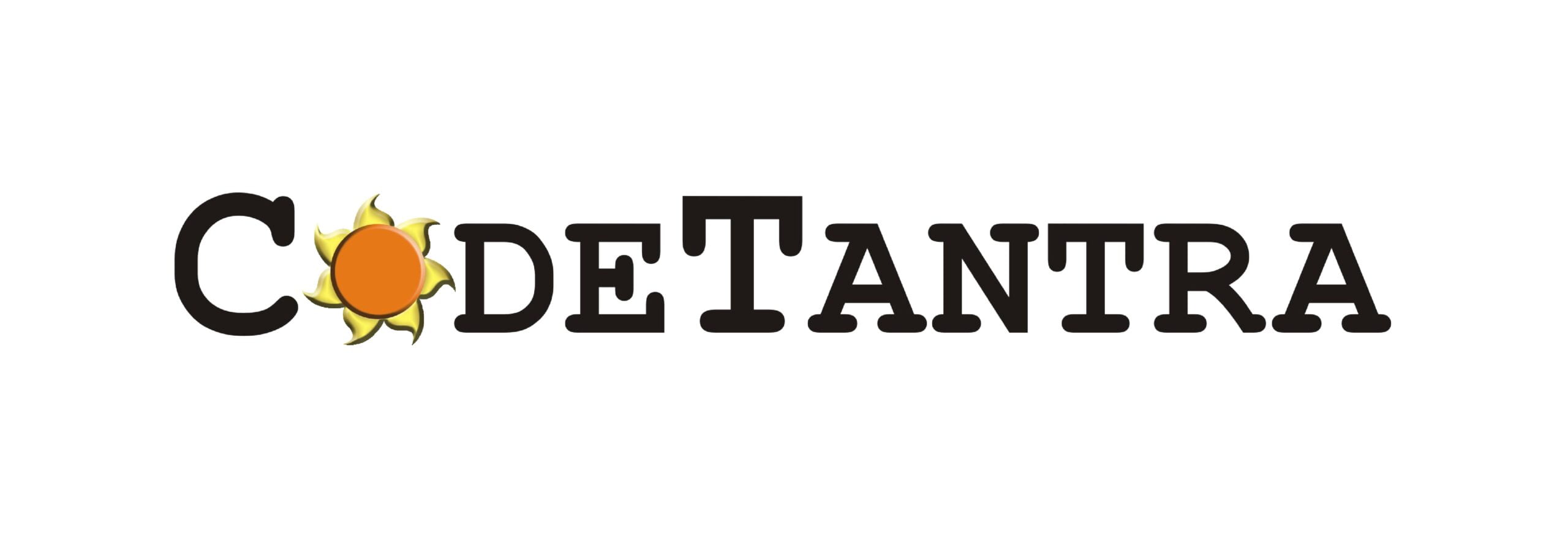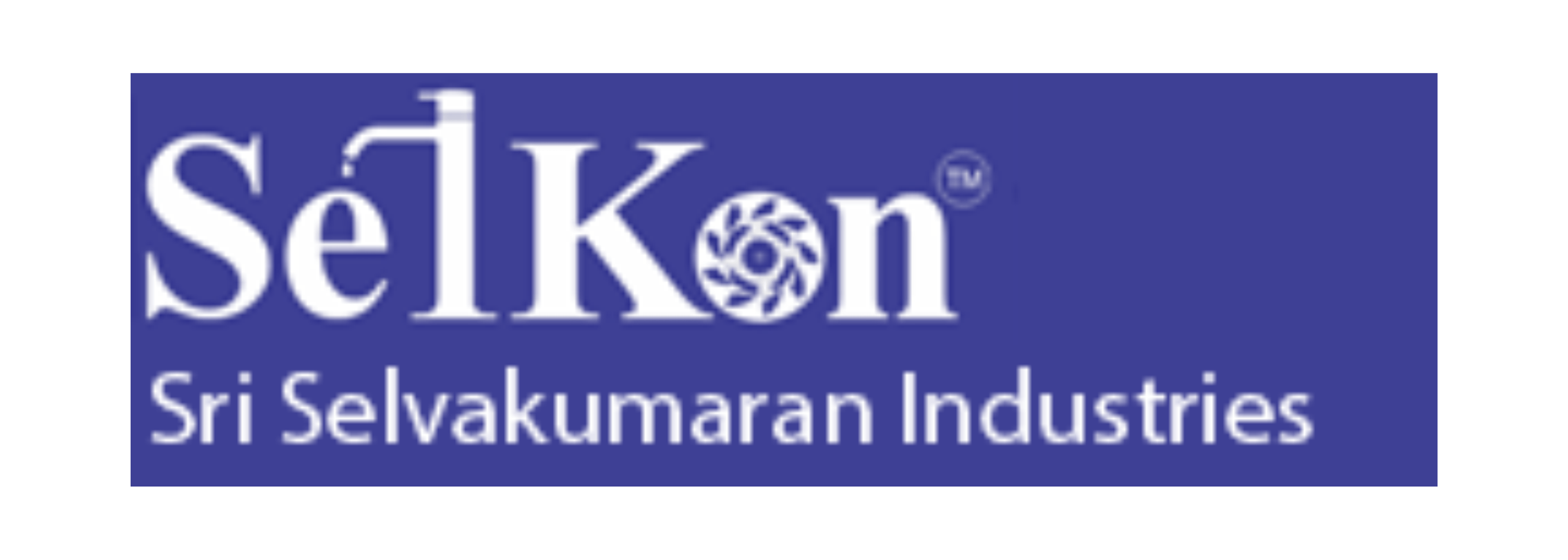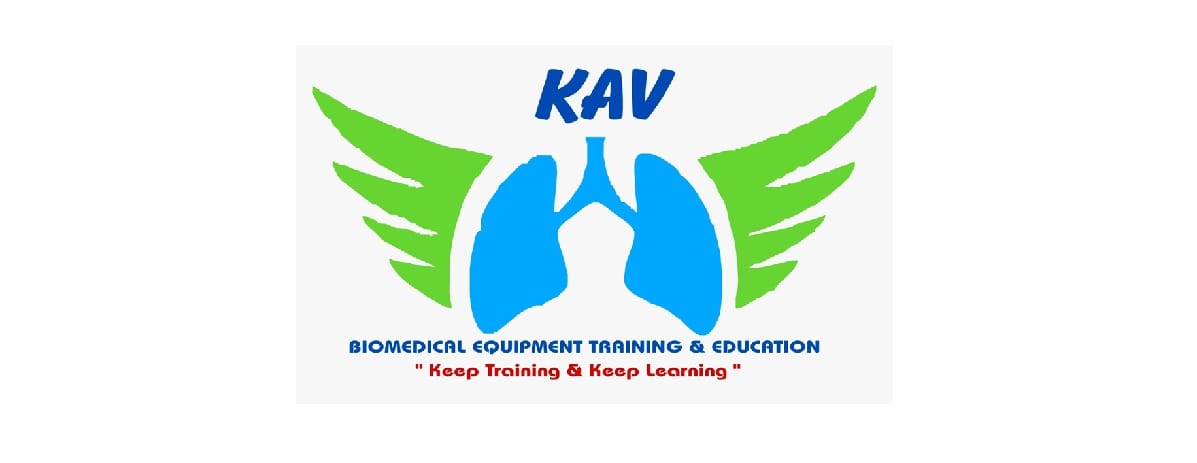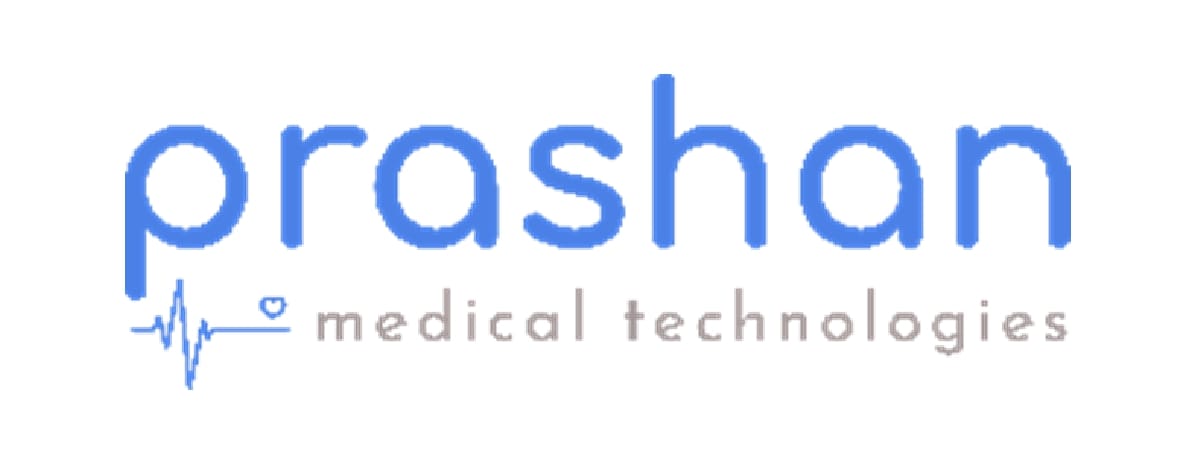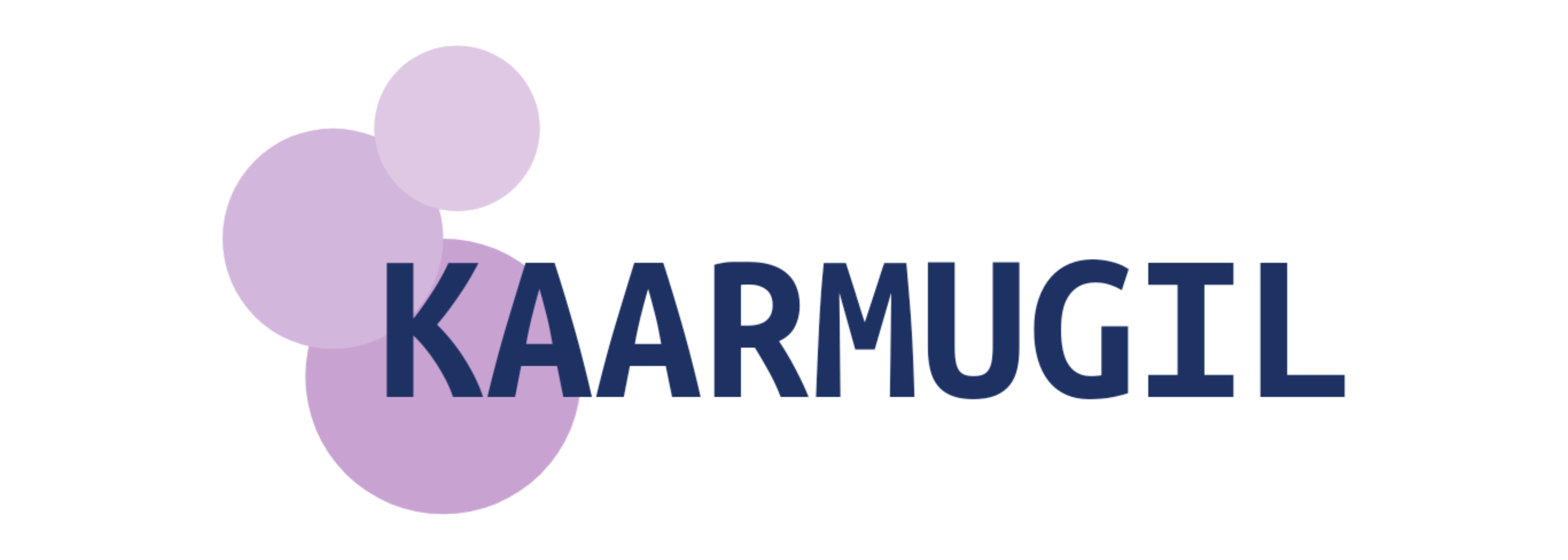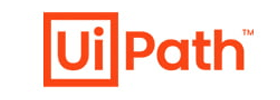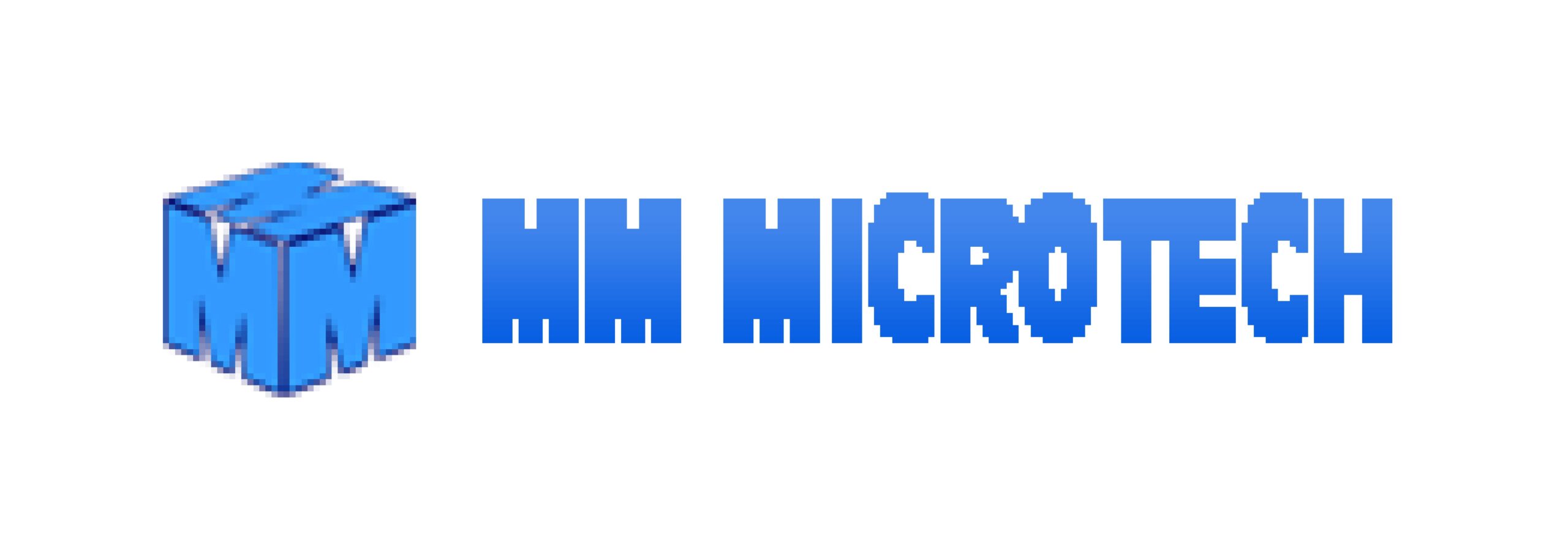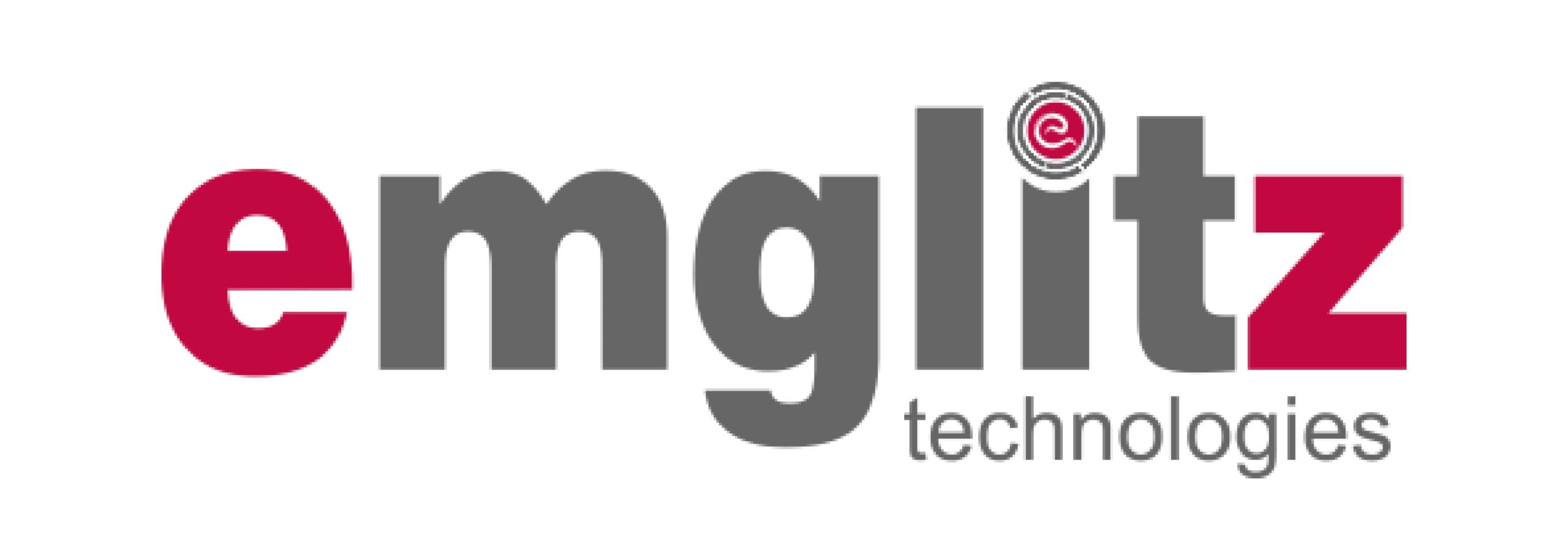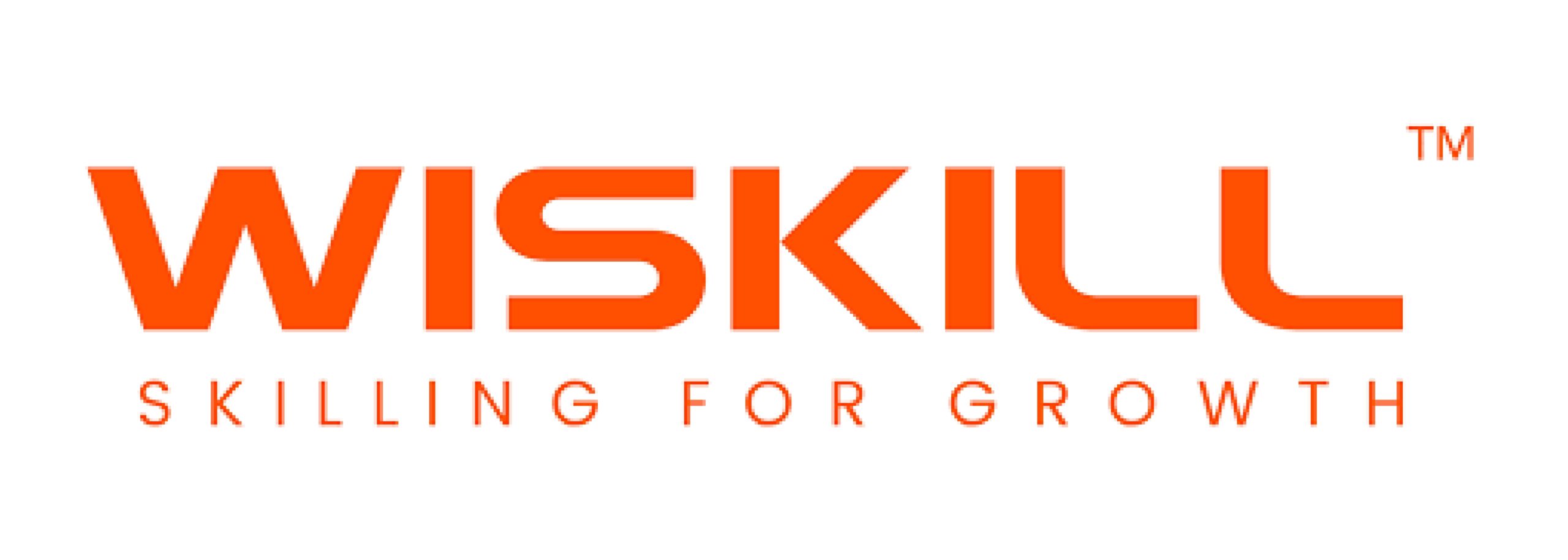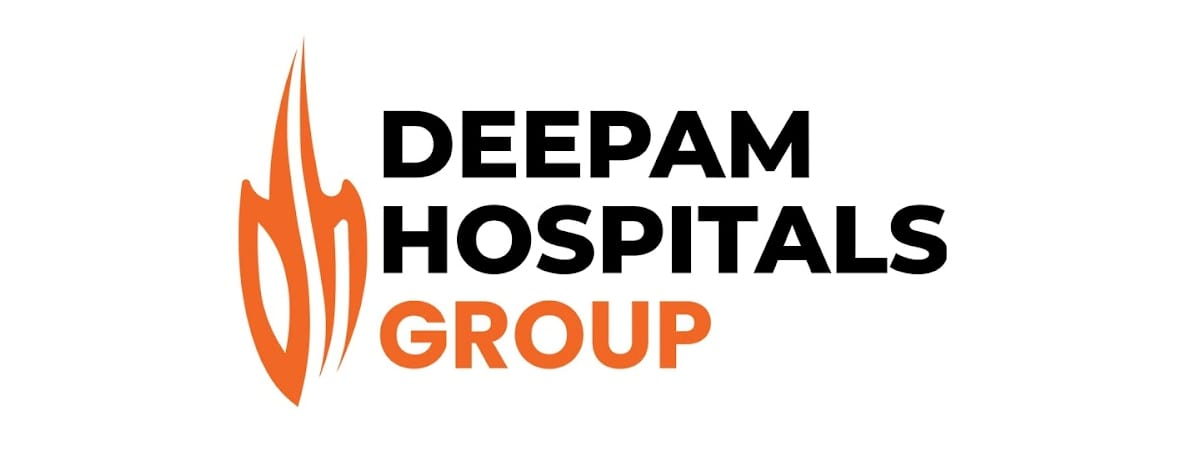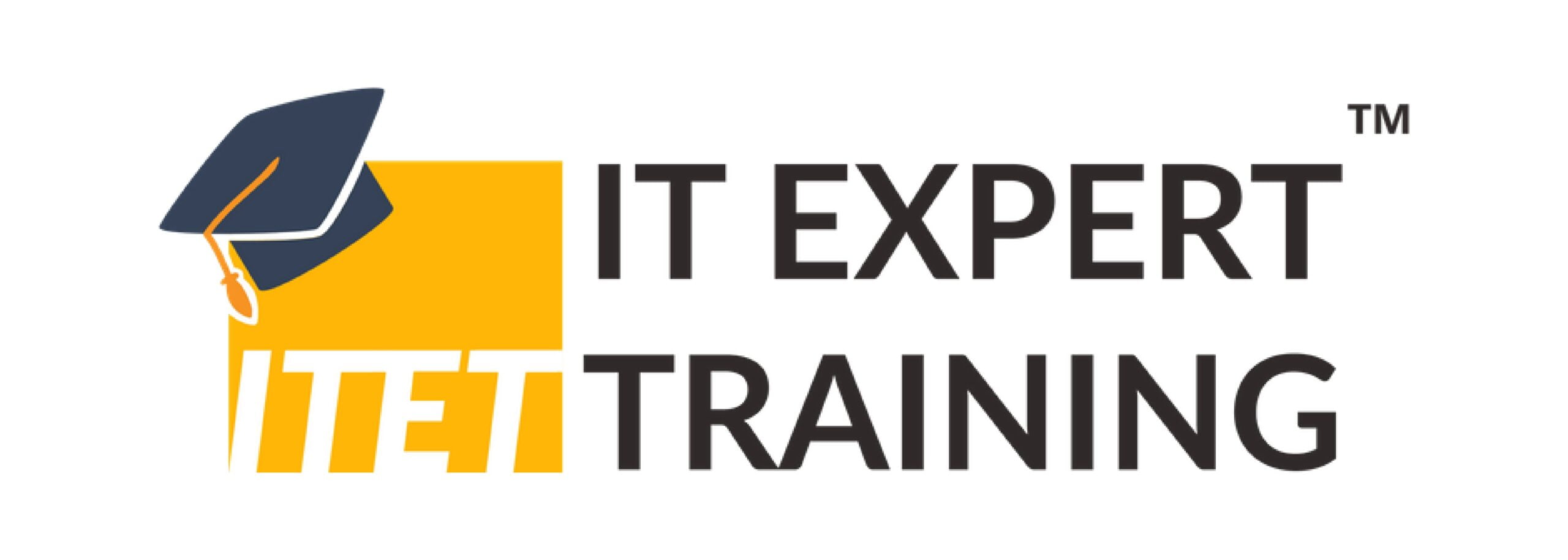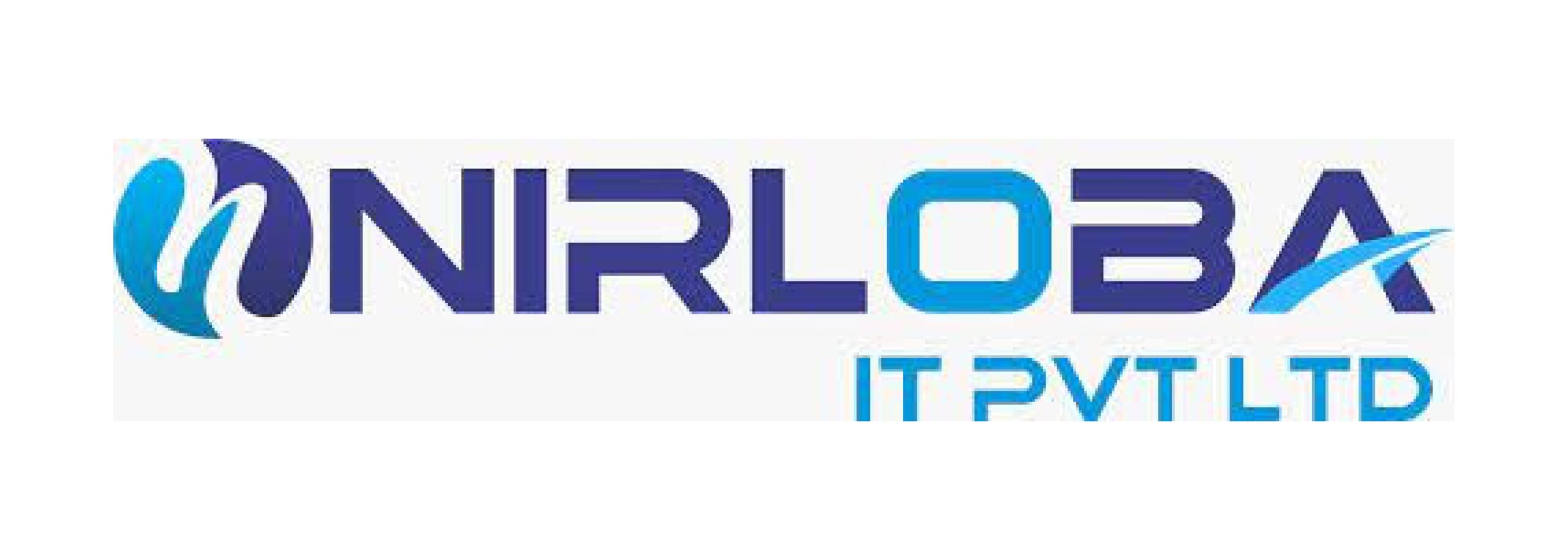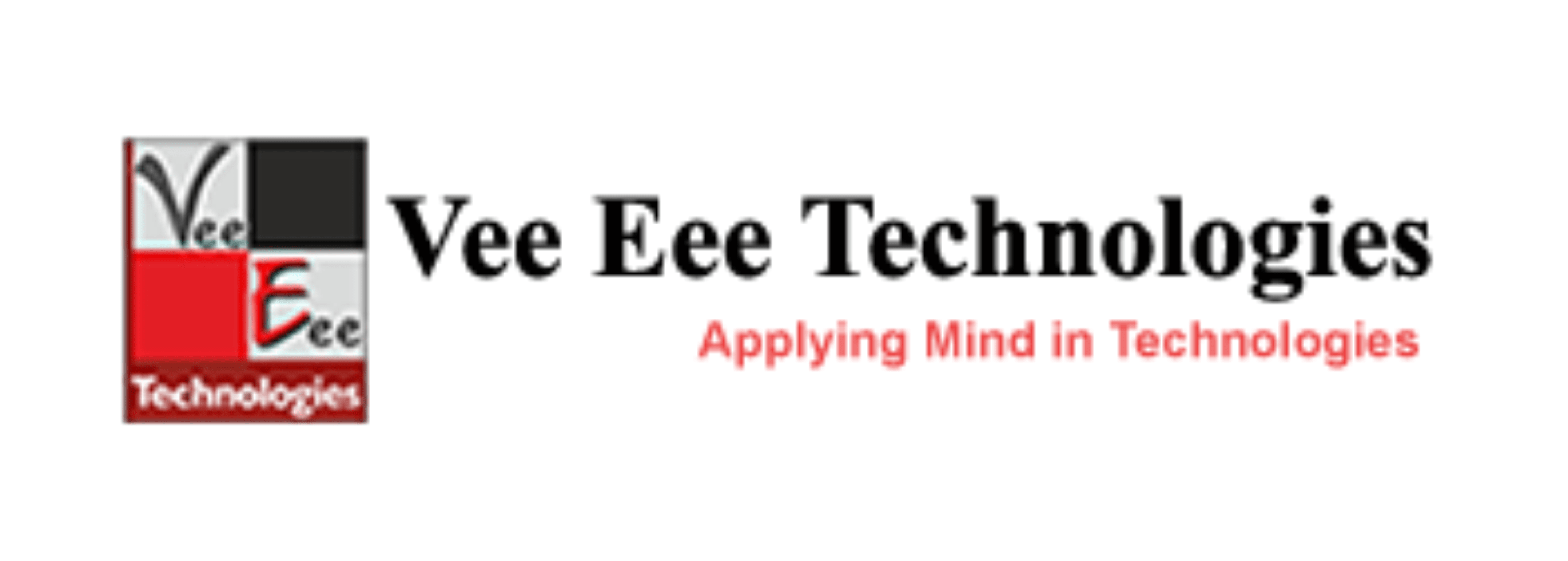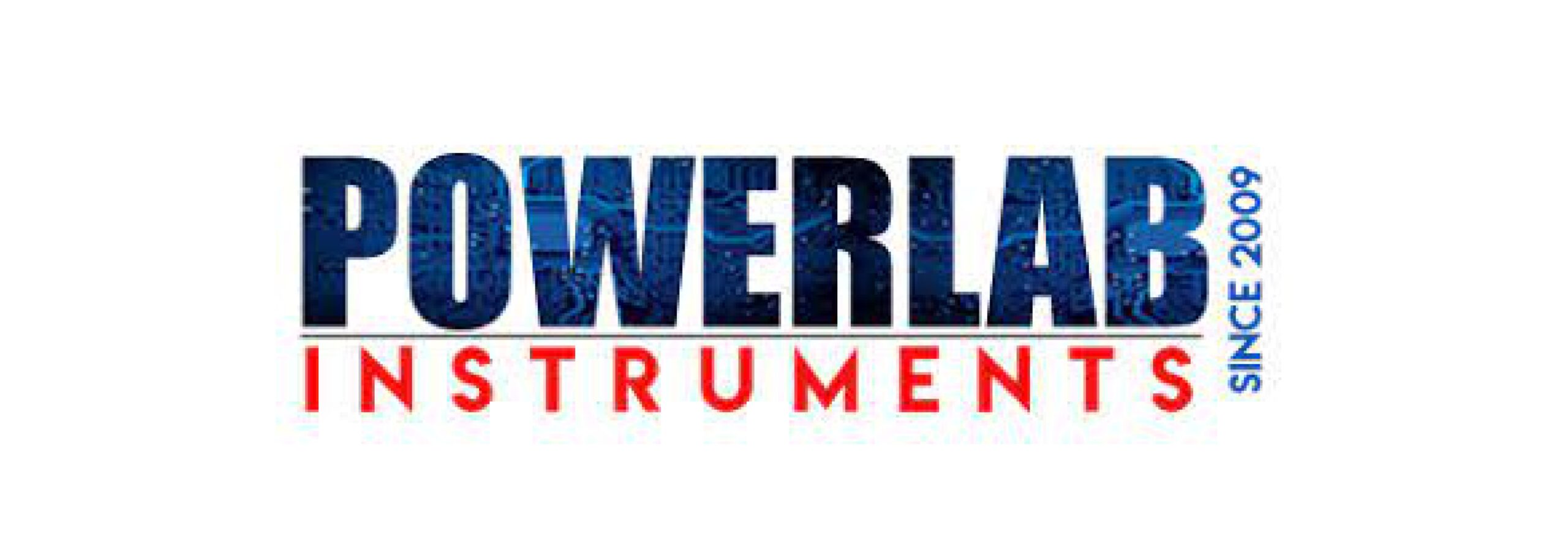 Overview
Overview
The Department of Information Technology was established in the year 2001 and offers a 4 Year B.Tech. Information Technology Programme, granted permanent affiliation by Anna University, Chennai. The B.Tech. Information Technology Programme is accredited by the National Board of Accreditation (NBA). The Information Technology Programme specifically focuses on equipping knowledge on technologies such as Artificial Intelligence, Machine Learning, Data Science, Blockchain, Internet of Things, Big Data, Networking, Salesforce and Cloud Computing to stay competitive in the digital age. It ensures a balance of theoretical knowledge and practical exposure enabling students to excel in IT-related careers. The department fosters a tech-driven environment that enhances the overall educational experience and prepares students for rewarding careers in the rapidly evolving IT industry.
 Vision
Vision
To produce competent Information Technology professionals capable of delivering innovative solutions to challenges in IT domain
 Mission
Mission
- To impart knowledge in the state of art technologies in Information Technology
- To inculcate the analytical and logical skills in the field of Information Technology
- To prepare the graduates with ethical and moral values
Program
- B.Tech – Information Technology



